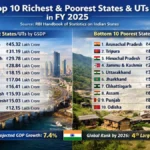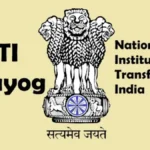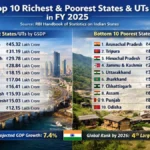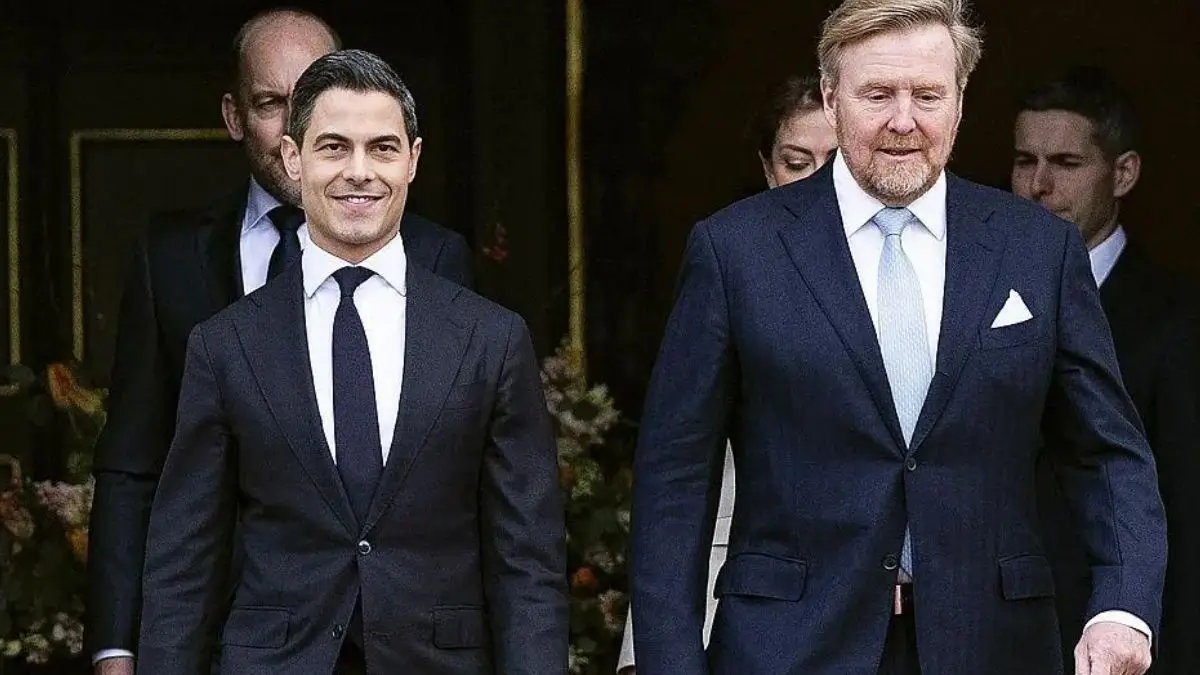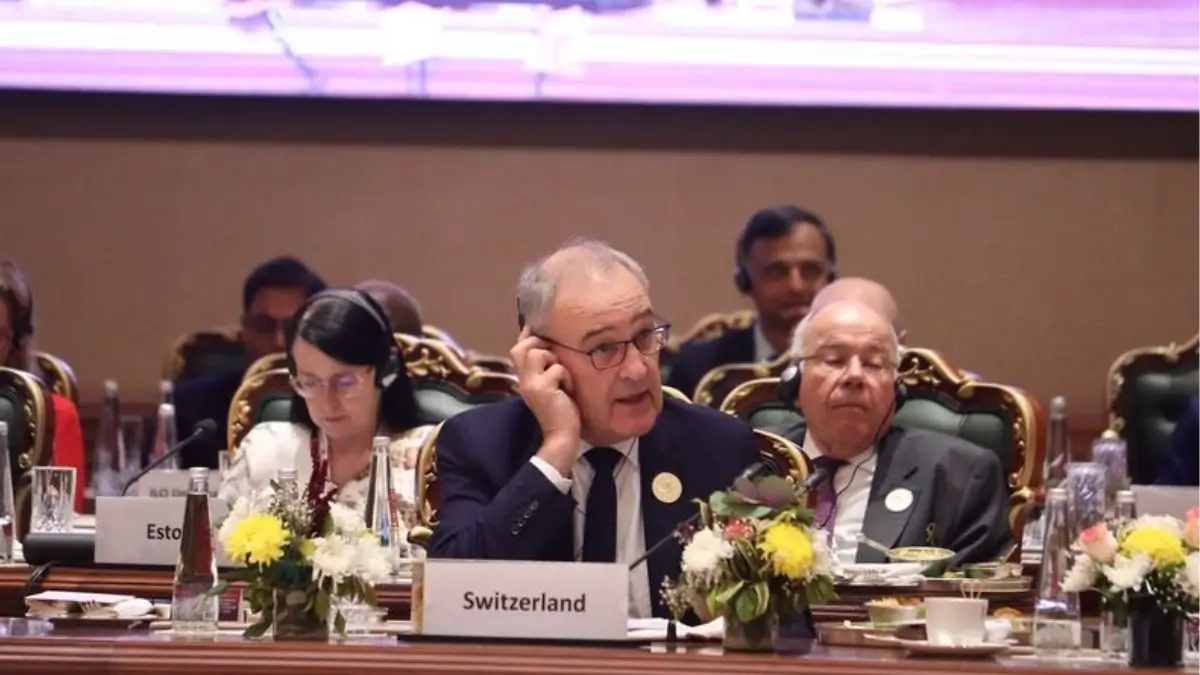India’s Strong Call for Climate Finance Mobilization
India has made a compelling appeal to BRICS nations—Brazil, Russia, India, China, and South Africa—to collectively support the “Baku to Belem” Roadmap for mobilizing $1.3 trillion in climate finance annually. This initiative comes ahead of the United Nations Climate Change Conference (COP30) to be held in Belem, Brazil in 2025. The Indian delegation emphasized the urgency of accelerating climate action and demanded fair, inclusive financing mechanisms from developed nations.
Key Objective: Equitable Climate Finance
India stressed that developing countries should not bear the burden of climate action disproportionately. The “Baku to Belem” Roadmap focuses on urging developed nations to fulfill their financial commitments under the Paris Agreement. India reiterated the importance of climate justice, technology transfer, and capacity building for nations vulnerable to climate change.
Role of BRICS in Global Climate Negotiations
BRICS nations collectively represent a significant portion of the world’s population and economy. India’s initiative seeks to leverage this collective influence to demand transparent and predictable climate finance. By backing the roadmap, BRICS can act as a powerful coalition to influence negotiations at COP30 and beyond.
India’s Vision for COP30 and Climate Leadership
India, through its Environment Ministry, seeks a rules-based global climate regime, and its proactive approach highlights its leadership role on international environmental platforms. India’s efforts underline its commitment to sustainable development, environmental preservation, and equitable growth.
Strategic Diplomacy and Global Sustainability Goals
This move is also a part of India’s larger diplomatic strategy to position itself as a leader in the Global South. Supporting the Baku to Belem Roadmap aligns with India’s focus on achieving the UN’s Sustainable Development Goals (SDGs), particularly those related to climate action (SDG 13), clean energy (SDG 7), and sustainable cities (SDG 11).

Why This News is Important
Significance for Civil Services and Environmental Policy
For aspirants preparing for UPSC, PSC, and Defence exams, this topic touches key themes like international environmental diplomacy, global financial mechanisms, BRICS cooperation, and India’s foreign policy on climate change. Understanding India’s stance helps in Essay papers, Environment & Ecology, and GS Paper II & III.
Link to Sustainable Development and Global Commitments
This news also connects directly with India’s pursuit of the Sustainable Development Goals (SDGs) and efforts toward climate adaptation and mitigation. It provides insights into how international cooperation is vital for sustainable policy formulation, making it relevant for Banking, SSC, Railways, and Teaching exams, especially in current affairs and general awareness sections.
Historical Context: Evolution of Climate Finance Commitments
From Kyoto to Paris Agreement
Climate finance became a critical issue after the Kyoto Protocol (1997) and was reinforced by the Paris Agreement (2015), which aimed to limit global warming and mobilize $100 billion annually by developed countries. However, the commitment has seen partial fulfillment, leading to dissatisfaction among developing nations.
Baku to Belem Roadmap: A New Strategic Path
The Baku to Belem Roadmap refers to the journey between two major climate summits—COP29 in Baku, Azerbaijan (2024) and COP30 in Belem, Brazil (2025)—and symbolizes the timeline during which critical financial mobilization should occur. India’s support of this path underscores its demand for accountability and fairness in climate governance.
Key Takeaways from “India Urges BRICS on Baku to Belem Roadmap”
| S. No. | Key Takeaway |
|---|---|
| 1 | India urged BRICS nations to support the “Baku to Belem” Roadmap for climate finance. |
| 2 | The initiative targets the mobilization of $1.3 trillion annually for climate action. |
| 3 | India stressed the importance of equitable climate finance from developed countries. |
| 4 | The roadmap will influence global climate talks at COP30 in Brazil (2025). |
| 5 | India’s approach emphasizes climate justice, technology sharing, and sustainable development. |
FAQs: Frequently Asked Questions
1. What is the “Baku to Belem” Roadmap?
The “Baku to Belem” Roadmap refers to the international push for climate finance mobilization between COP29 (Baku, Azerbaijan, 2024) and COP30 (Belem, Brazil, 2025). It aims to gather $1.3 trillion annually to support climate initiatives in developing nations.
2. Why is India urging BRICS support on this roadmap?
India wants BRICS countries to form a unified front to pressure developed nations into fulfilling their financial commitments for climate action, ensuring equity and justice in global climate finance.
3. How does this relate to exams like UPSC or PSCs?
This news involves key topics such as climate diplomacy, international relations, BRICS, global governance, and sustainable development—highly relevant for UPSC GS Papers II & III, Essay, Environment & Ecology, and Current Affairs.
4. What is climate finance?
Climate finance refers to the funding provided by developed countries to support mitigation and adaptation efforts in developing and vulnerable countries to combat climate change, as per UNFCCC mandates.
5. What role does BRICS play in climate talks?
BRICS, as a coalition of emerging economies, plays a crucial role in negotiating fair climate policies, advocating for financial and technological support, and ensuring a balanced voice in international environmental discussions.
Some Important Current Affairs Links








